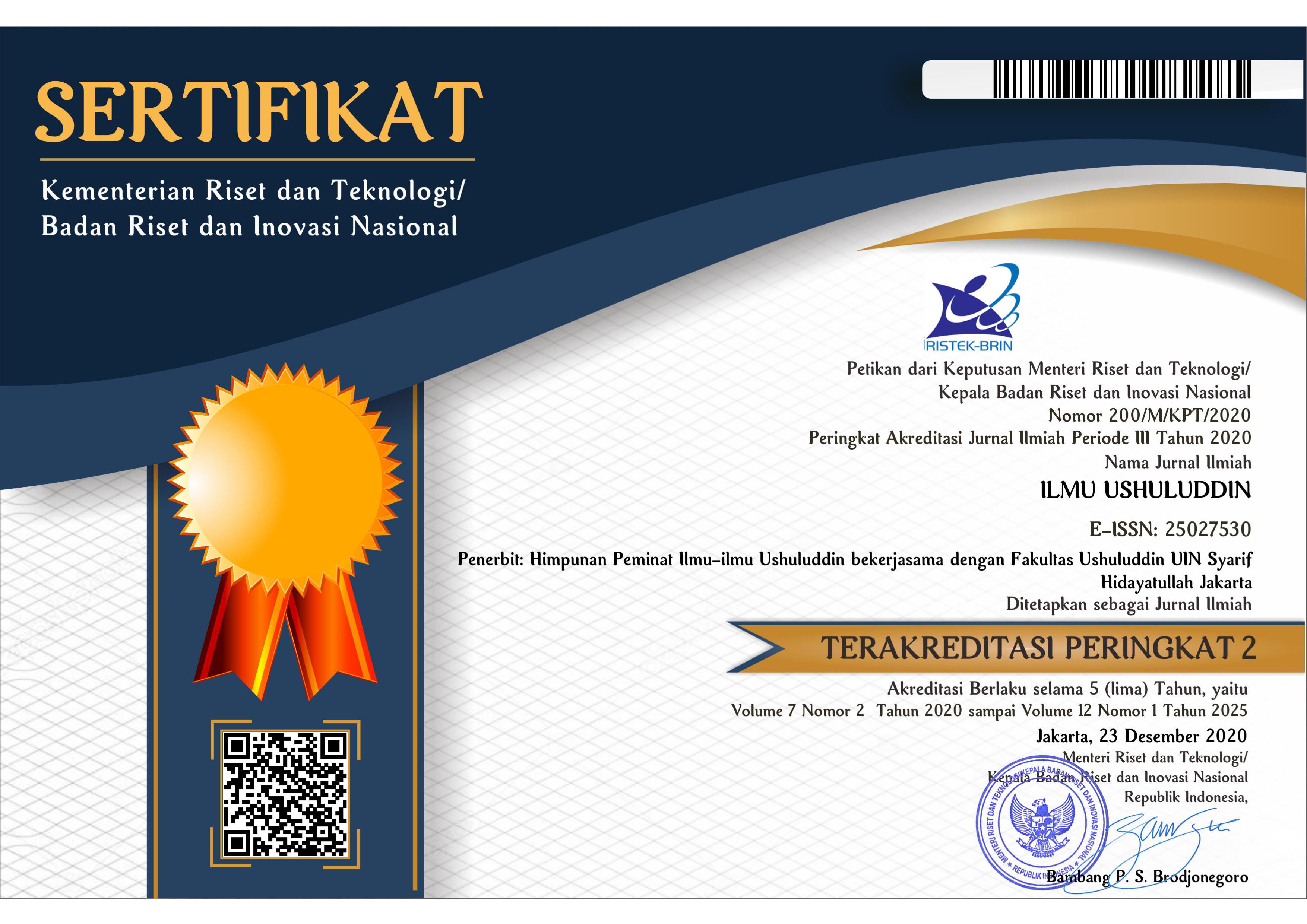State Conflict Management in Multiculturalism: Lesson From Australian Muslim Experience
DOI:
https://doi.org/10.15408/ilmu-ushuluddin.v1i3.1014Abstract
The movements of multiculturalism, multiethnic and multireligion in the Australian socio- demographic—as implication of migrant policy in the ’1960s—have supported the Australian government to conduct socio-political engineering based on multiculturalism as the state ideology. This policy is pointed to eradicate value and norm conflicts which have frequently existed in between ‘white people,’ in one hand, and immigrants, on the other. Australia seems more successful in handling over such conflict, as indicated from low- rate presentation of political, ethnical and religious-affairs harshness, including terrorism, compared to other countries, especially its neighbors. This implication of multiculturalism has also emerged in the progress of Muslim society which is protected by their cultural heritages that until now still endure and develop, although are still suspected as having conflict potencies, particularly Islamophobia attitudes from the Australian non- Muslims. There are positive and negative effects in the Australian policy of multiculturalism.


